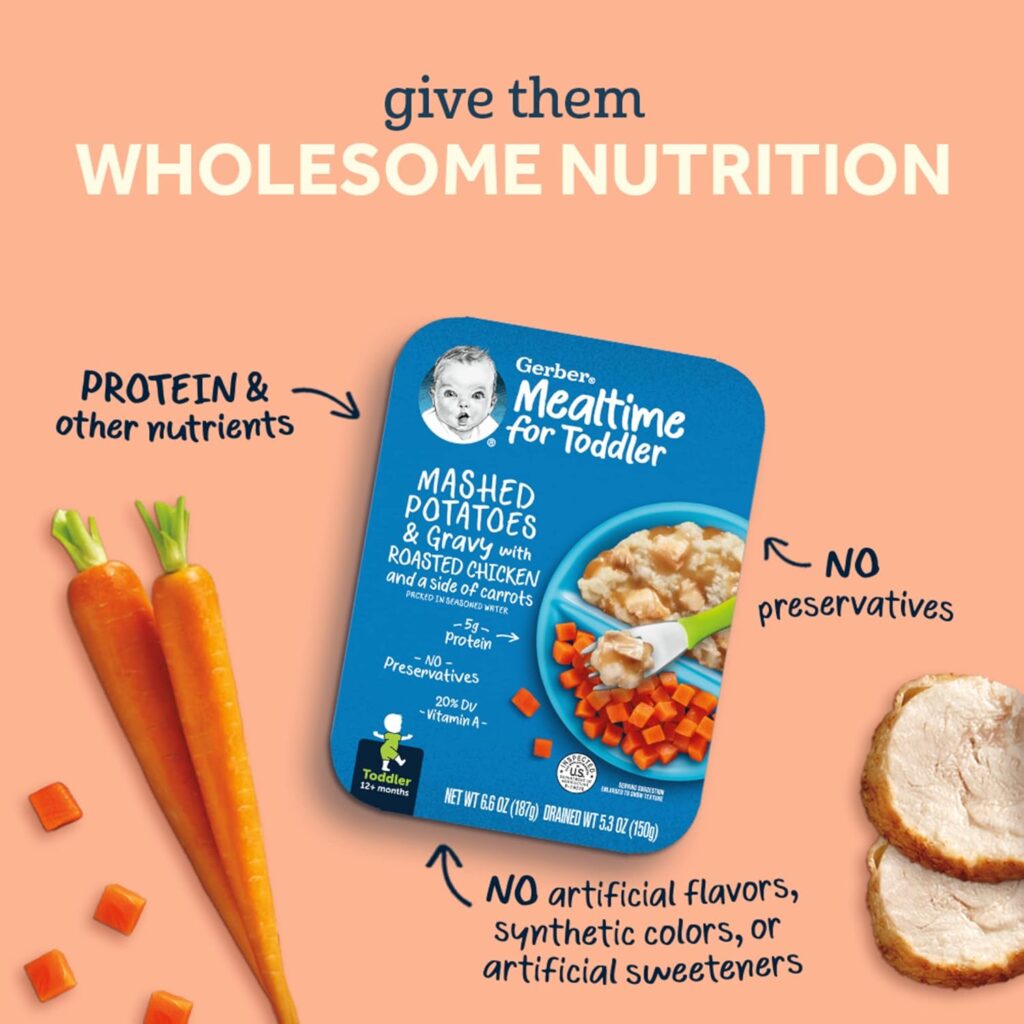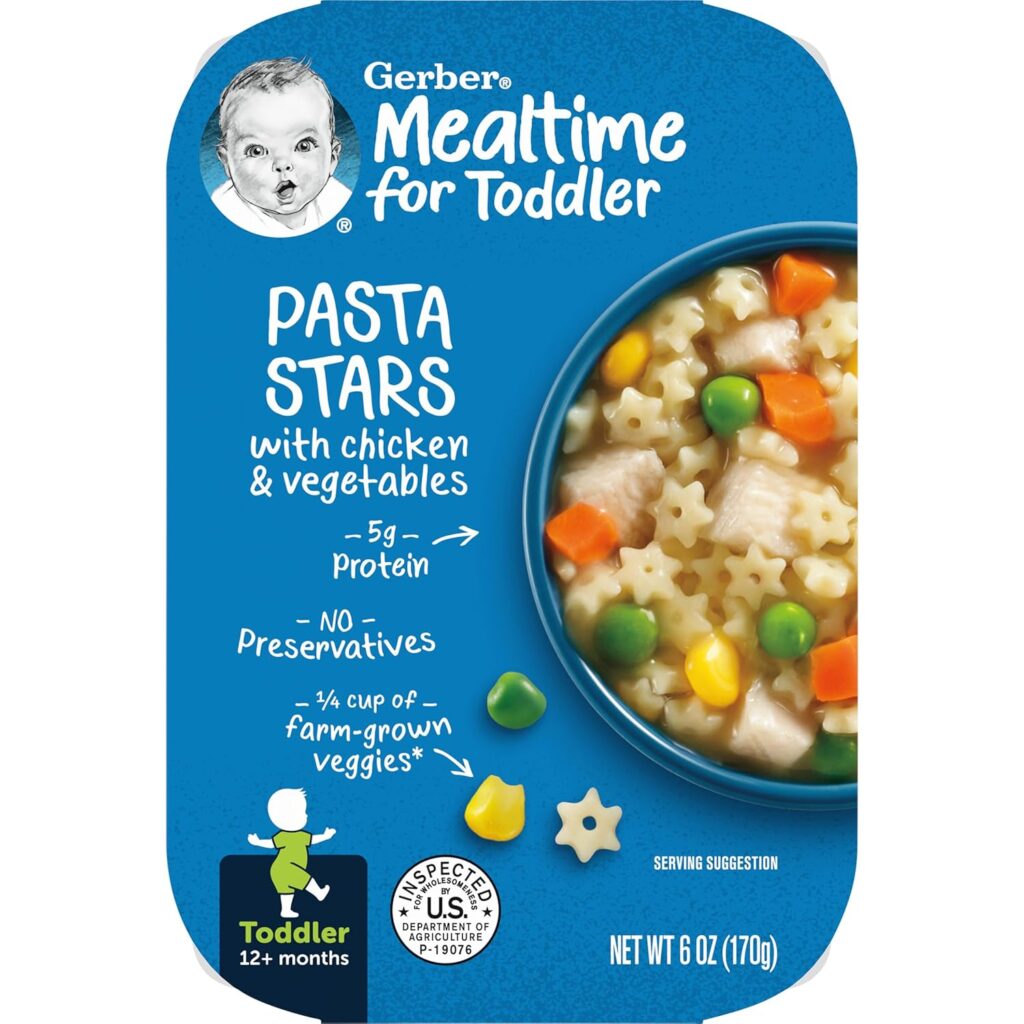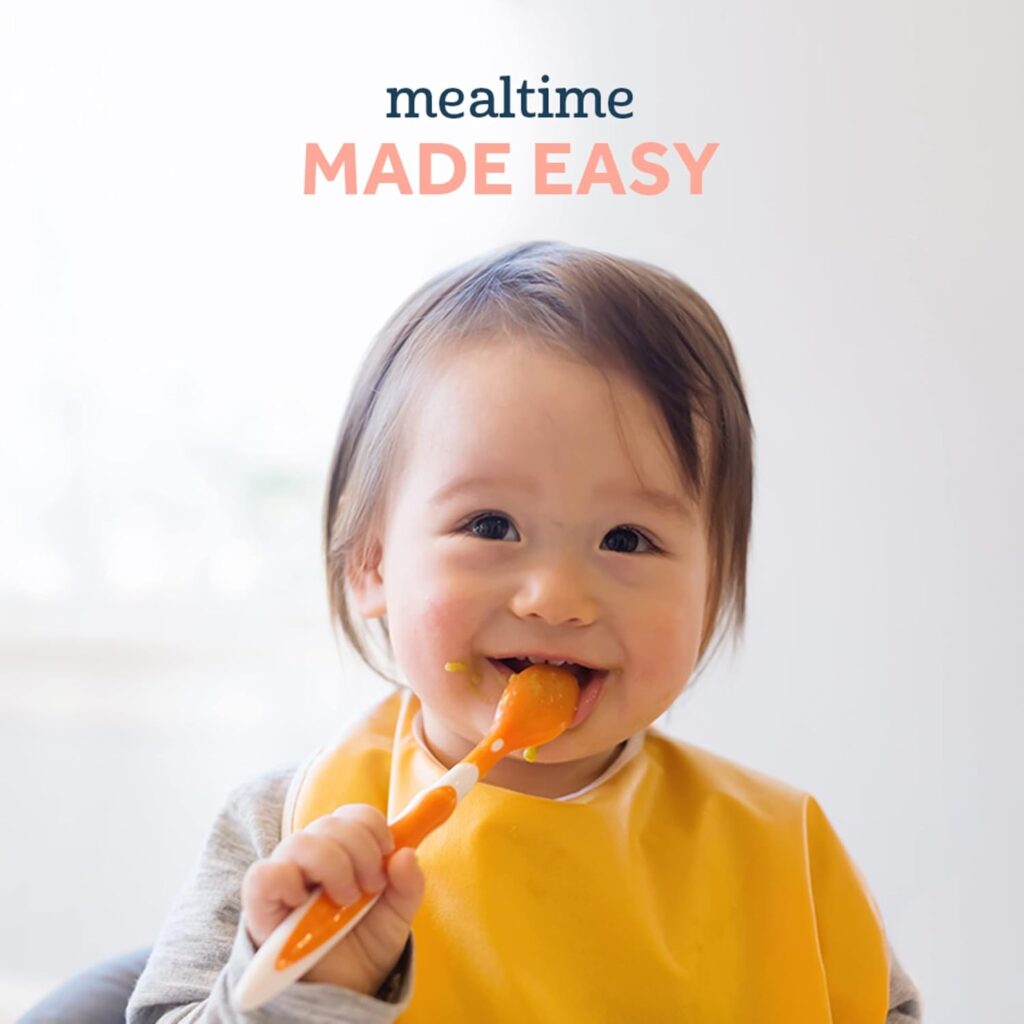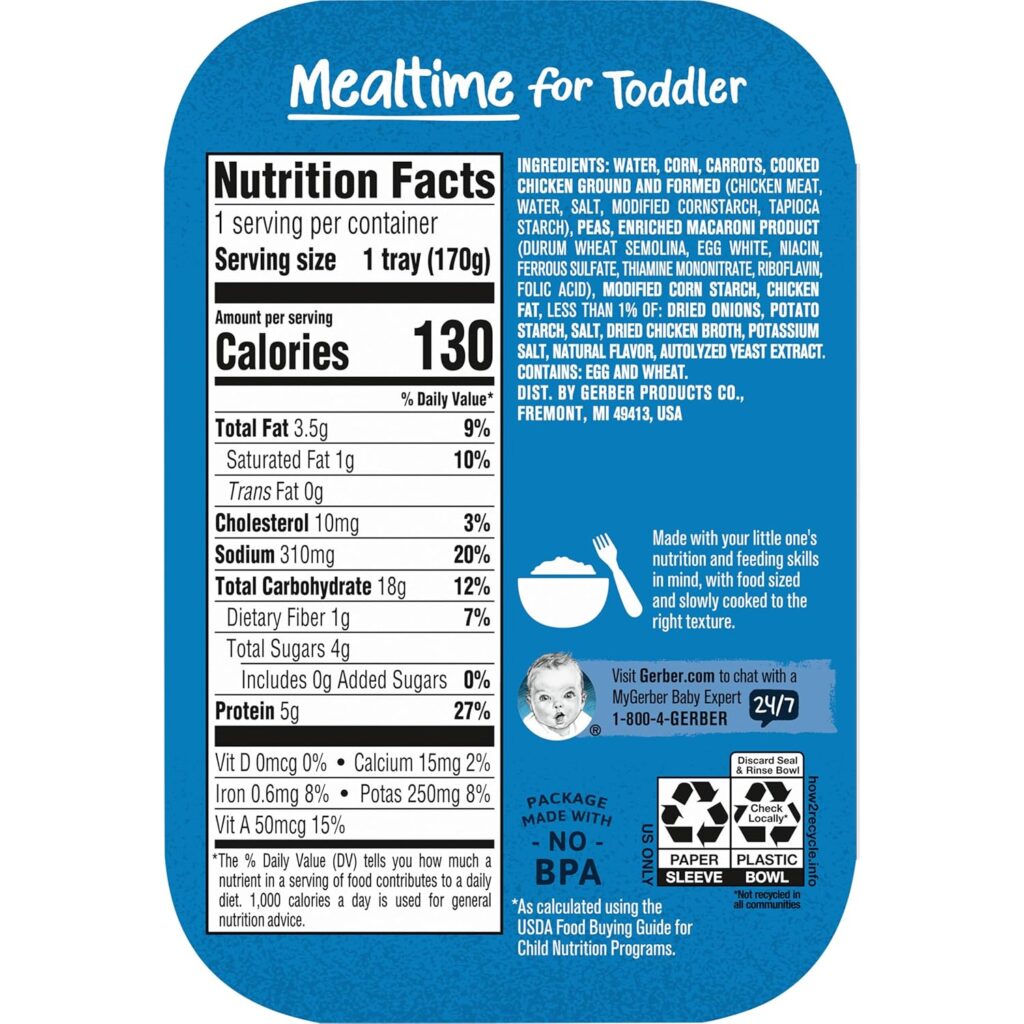Introducing chicken baby food into your baby’s diet is a great way to provide them with essential nutrients for growth and development. As one of the first proteins, chicken offers a rich source of iron, zinc, and high-quality protein that supports your baby’s growing muscles and brain.
Chicken baby food is especially ideal for infants transitioning from purees to solid foods. The soft, smooth texture of pureed chicken blends easily with vegetables like carrots or sweet potatoes, creating a balanced and delicious meal for your baby.
When preparing chicken baby food, make sure to use boneless, skinless chicken breasts or thighs. Steam or boil the chicken until fully cooked, then puree it with a little water or breast milk for a smooth consistency. You can also mix it with other baby-friendly ingredients, like mashed avocado or rice cereal, for added nutrition.
If you’re buying pre-made chicken baby food, check the label for organic, low-sodium options to ensure you’re providing the best for your baby. Whether homemade or store-bought, chicken baby food can be a versatile and wholesome addition to your baby’s diet.

Why Chicken Baby Food is Important for Development:
- Protein Power: Chicken is packed with high-quality protein, which is crucial for building strong muscles.
- Iron and Zinc: These key minerals found in chicken help support your baby’s immune system and cognitive development.
- Easy to Digest: Chicken baby food is gentle on a baby’s stomach, making it a perfect choice for their early solid food experiences.
Introducing chicken baby food to your child’s diet is not only nutritious but also simple and safe when prepared correctly. Always consult with your pediatrician to ensure the timing and portion sizes are appropriate for your baby’s needs.

When to Introduce Chicken Baby Food?
The ideal time to introduce chicken baby food is between 6 and 8 months of age when your baby is ready for more than just fruit and vegetable purees. At this age, their digestive system is mature enough to handle more complex proteins like chicken. However, always consult your pediatrician before introducing any new foods to your baby’s diet to ensure they are developmentally ready.
How to Make Chicken Baby Food at Home
Making chicken baby food at home is quick, and easy, and ensures that your baby is getting fresh, wholesome ingredients without any unnecessary additives.

Ingredients:
- Boneless, skinless chicken breast or thigh
- Water or unsalted chicken broth
- Breast milk or formula (optional, for smoother consistency)
Steps:
- Cook the Chicken: Steam or boil the chicken until fully cooked, making sure it’s tender enough to be pureed.
- Blend to the Right Texture: Once cooked, place the chicken in a blender or food processor with a small amount of water, broth, or breast milk, blending until smooth.
- Mix with Other Foods: For extra flavor and nutrition, try mixing the pureed chicken with baby-friendly vegetables like carrots, peas, or sweet potatoes, or grains like rice or quinoa. This adds variety and boosts the nutritional content of the meal.
- Store Properly: Homemade chicken baby food can be stored in the refrigerator for up to three days or frozen in small portions for up to one month.
Choosing the Best Store-Bought Chicken Baby Food
If you’re short on time, there are many excellent store-bought chicken baby food options available. When choosing pre-made baby food, look for:
- Organic options to avoid exposure to unnecessary pesticides or chemicals.
- Low-sodium or no-added-salt varieties to ensure your baby isn’t consuming too much sodium, which can be hard on their kidneys.
- Simple ingredient lists, ideally with just chicken and perhaps a few complementary vegetables.

Tips for Safely Introducing Chicken Baby Food
- Introduce Slowly: Start with a small serving, and wait 3-5 days before introducing other new foods to check for any allergic reactions or digestive issues.
- Puree Smoothly: Babies new to solid foods will benefit from a very smooth texture, so ensure the chicken baby food is blended to a consistency they can easily swallow.
- Avoid Seasonings: Stick to plain chicken without salt, spices, or additives. Babies have sensitive taste buds and don’t require added seasoning.
- Allergy Watch: While chicken allergies are rare, keep an eye out for any signs of an allergic reaction, such as rash, vomiting, or difficulty breathing, and consult a pediatrician if you have concerns.

The Benefits of Chicken Baby Food for Growth and Development
Chicken is a powerful food for babies. The protein in chicken helps develop strong muscles and provides long-lasting energy, while iron plays a critical role in supporting healthy red blood cells and preventing anemia. Zinc, another key nutrient in chicken, promotes a strong immune system, helping babies fight off illnesses as they explore the world around them.
By introducing chicken baby food early, you’re helping your baby build a solid nutritional foundation that will support healthy development and growth during their most formative months. Paired with other nutrient-dense ingredients like vegetables and grains, chicken can make a wonderful addition to your baby’s meals, setting the stage for healthy eating habits later in life.
Conclusion
Incorporating chicken baby food into your little one’s diet is not only nutritious but also highly versatile. Whether you choose to make it at home or buy it ready-made, chicken provides your baby with the essential protein, iron, and nutrients they need to grow strong and healthy. As you explore different ways to prepare it—either on its own or mixed with other fruits, vegetables, and grains—you’re helping to shape a balanced diet that fosters positive eating habits in the long run.
Always remember to introduce new foods one at a time, watch for any allergic reactions, and consult with your pediatrician to ensure your baby’s dietary needs are met. With the right approach, chicken baby food can become a reliable and delicious staple in your baby’s journey to solid foods.

